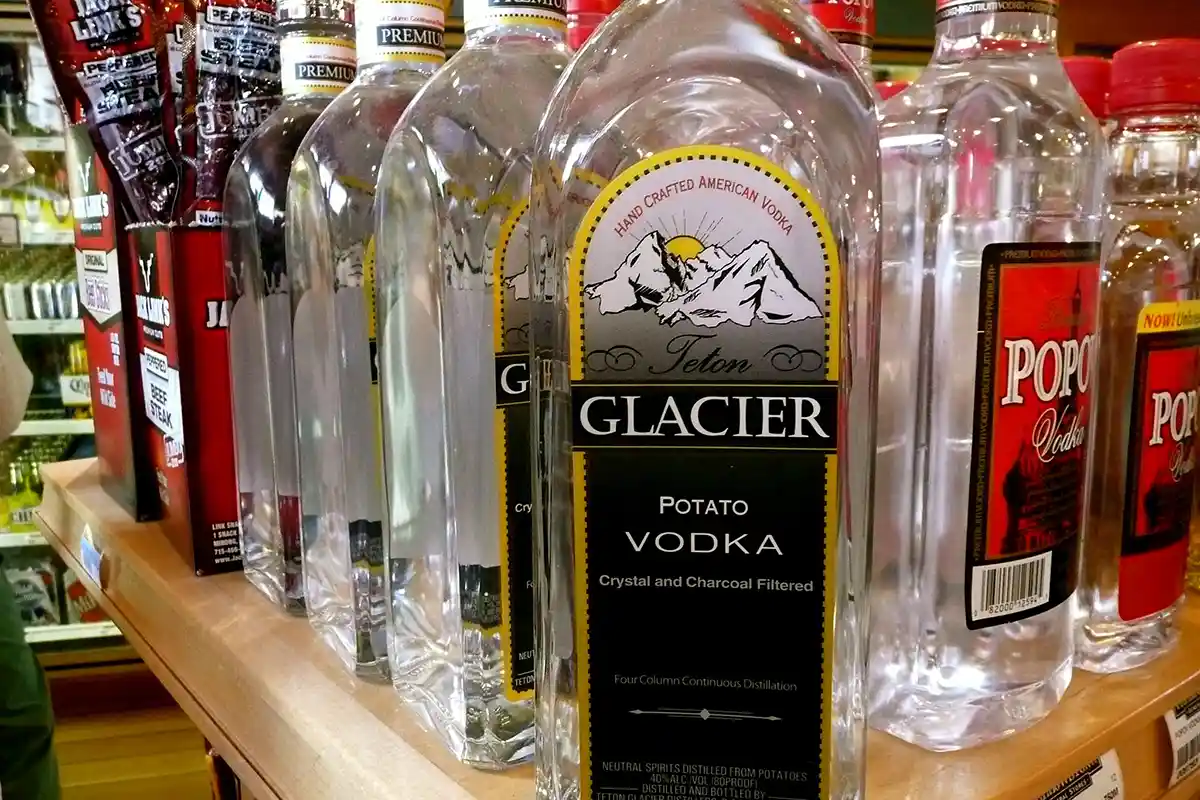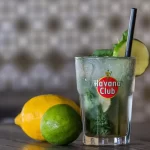Welcome to a journey into the world of potato vodka, a spirit that combines tradition, innovation, and the hearty earthiness of the humble spud. As we delve into the past and unravel the scientific principles behind its production, we’ll discover why potato vodka is a must-try for any discerning vodka enthusiast.
The Birth of Potato Vodka
In the early 19th century, vodka was traditionally made from rye and wheat. However, with food shortages and economic challenges, potatoes, due to their abundance and affordability, became a popular alternative. In Poland and Russia, the two countries often credited with the origin of vodka, potatoes were plentiful and cheap, making them an ideal choice for distilleries.
Potato Vodka: A Distinct Choice
Potato vodka distinguishes itself with its creamy mouthfeel and subtle sweetness, quite different from its grain-based counterparts. Many argue that it has a more complex flavor, making it an excellent choice for sipping and cocktail-making.
Crafting the Perfect Potato Vodka
Let’s look at the step-by-step process of transforming humble potatoes into exquisite vodka.
1. Harvesting and Cleaning
Harvesting takes place once potatoes are mature. They are then cleaned thoroughly to remove any dirt and debris.
2. Cooking and Mashing
The potatoes are cooked to break down the starches, then mashed to a pulp to maximize surface area for the next step.
3. Fermentation
Yeast is introduced to convert the sugars in the mash into alcohol, producing a potato “wine” with about 10-15% alcohol.
4. Distillation
The potato wine is distilled, often multiple times, to increase the alcohol content and remove impurities.
5. Filtration and Dilution
The distilled spirit is filtered to further remove any impurities and diluted with water to reach the desired strength, usually around 40% alcohol.
The Science Behind Potato Vodka
At its heart, the production of potato vodka is a matter of chemistry. The starch in potatoes needs to be converted into fermentable sugars. This is accomplished through a process known as saccharification, where the application of heat and the enzyme amylase break down the complex carbohydrates into simple sugars.
Distillation: The Crucial Stage
The art of distillation is crucial in creating vodka. In this process, the fermented liquid is heated, and the alcohol vapor, which has a lower boiling point than water, is collected and condensed back into a liquid.
The Appeal of Potato Vodka
Though potato vodka is often more challenging and costly to produce than grain-based vodka, its unique flavor profile and texture have won the hearts of many vodka lovers.
Versatility in Cocktails
One of the reasons for the popularity of potato vodka is its versatility in cocktails. Its rich texture and slight sweetness can add depth and complexity to a wide range of cocktails, from the simple vodka tonic to the sophisticated martini.
The Future of Potato Vodka
With the rising trend of craft spirits and the appreciation of unique, quality products, the future of potato vodka looks bright. Distilleries continue to innovate, using different potato varieties and production techniques to create vodkas with unique flavors and character.
Conclusion
From humble beginnings to its current status as a beloved spirit, potato vodka holds a fascinating place in the history of distillation. Combining agricultural tradition and scientific innovation, it showcases the transformational power of the distillation process. The next time you pour a glass of potato vodka, you’ll appreciate the journey of the simple potato, from the ground to your glass.
Frequently Asked Questions
- Is potato vodka gluten-free?
Yes, potato vodka is gluten-free and a perfect choice for those with gluten sensitivities or celiac disease.
- How does the taste of potato vodka differ from grain vodka?
Potato vodka often has a creamier mouthfeel and a subtle sweetness compared to grain vodka. Some find it to have a more complex flavor profile.
- Can I use potato vodka in any cocktail recipe?
Absolutely! Its rich texture and slight sweetness can enhance a wide range of cocktails, adding depth and complexity.
- What’s the alcohol content in potato vodka?
Potato vodka typically has an alcohol content of around 40%, similar to most types of vodka.
- Is potato vodka more expensive than grain vodka?
Generally, potato vodka can be more expensive due to the cost and labor involved in its production process. However, prices can vary based on the brand and quality.









